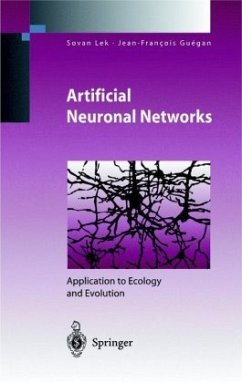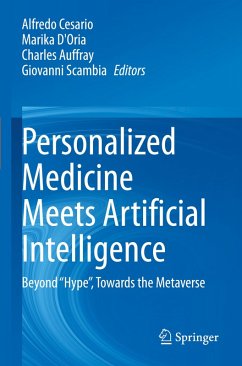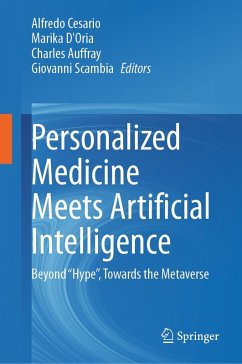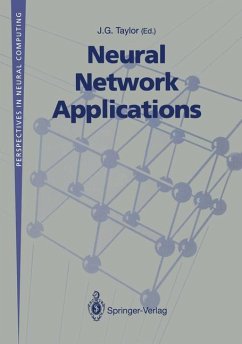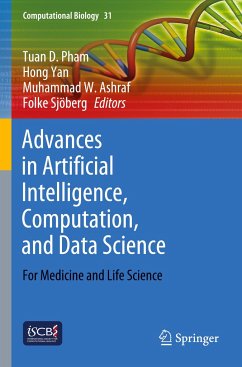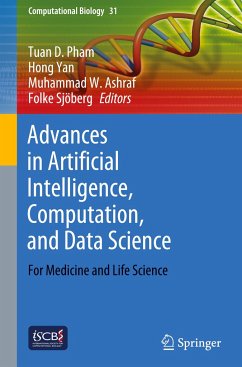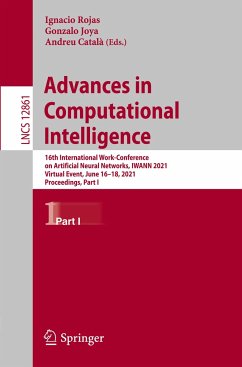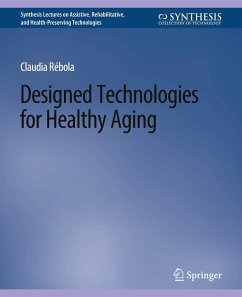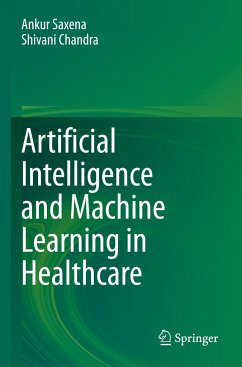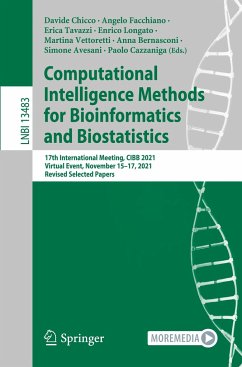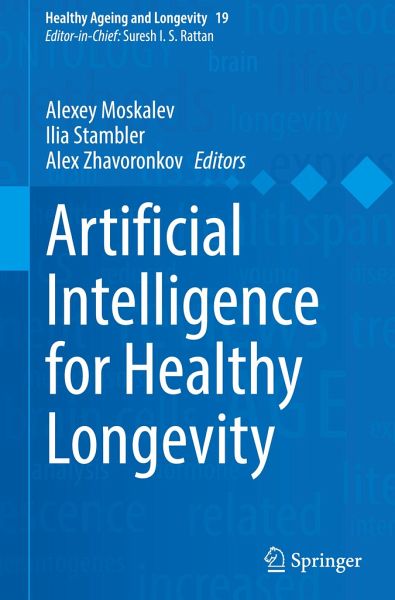
Artificial Intelligence for Healthy Longevity

PAYBACK Punkte
76 °P sammeln!
This book reviews the state-of-the-art efforts to apply machine learning and AI methods for healthy aging and longevity research, diagnosis, and therapy development. The book examines the methods of machine learning and their application in the analysis of big medical data, medical images, the creation of algorithms for assessing biological age, and effectiveness of geroprotective medications.The promises and challenges of using AI to help achieve healthy longevity for the population are manifold. This volume, written by world-leading experts working at the intersection of AI and aging, provid...
This book reviews the state-of-the-art efforts to apply machine learning and AI methods for healthy aging and longevity research, diagnosis, and therapy development. The book examines the methods of machine learning and their application in the analysis of big medical data, medical images, the creation of algorithms for assessing biological age, and effectiveness of geroprotective medications.
The promises and challenges of using AI to help achieve healthy longevity for the population are manifold. This volume, written by world-leading experts working at the intersection of AI and aging, provides a unique synergy of these two highly prominent fields and aims to create a balanced and comprehensive overview of the application methodology that can help achieve healthy longevity for the population.
The book is accessible and valuable for specialists in AI and longevity research, as well as a wide readership, including gerontologists, geriatricians, medical specialists,and students from diverse fields, basic scientists, public and private research entities, and policy makers interested in potential intervention in degenerative aging processes using advanced computational tools.
The promises and challenges of using AI to help achieve healthy longevity for the population are manifold. This volume, written by world-leading experts working at the intersection of AI and aging, provides a unique synergy of these two highly prominent fields and aims to create a balanced and comprehensive overview of the application methodology that can help achieve healthy longevity for the population.
The book is accessible and valuable for specialists in AI and longevity research, as well as a wide readership, including gerontologists, geriatricians, medical specialists,and students from diverse fields, basic scientists, public and private research entities, and policy makers interested in potential intervention in degenerative aging processes using advanced computational tools.



